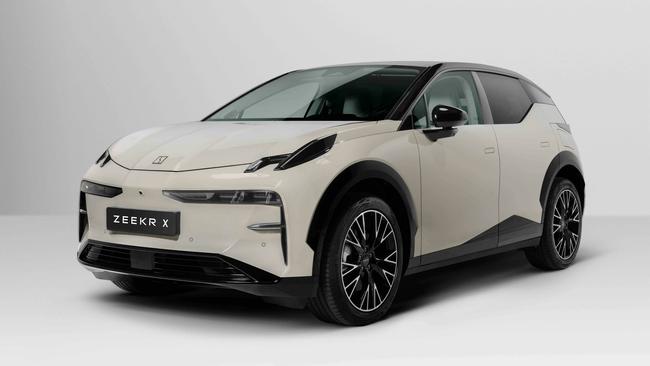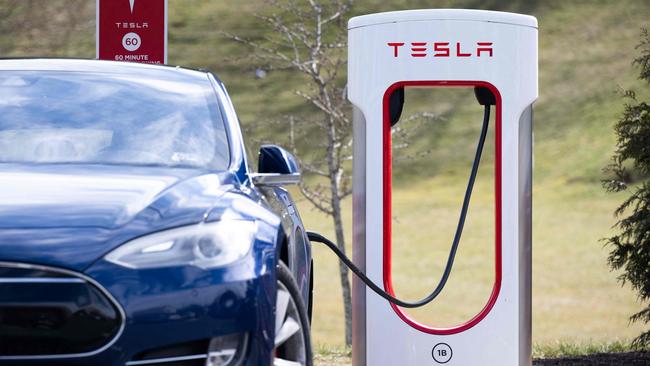Risks with rushing EVs to market
As automakers rush to introduce new electric vehicles to the market in response to Australia’s FBT face risks to safety and reliability.
Motoring
Don't miss out on the headlines from Motoring. Followed categories will be added to My News.
Car makers are rushing new electric vehicles to Australia, hoping to cash in on government incentives and a lack of trade barriers to new models from China.
Around 40 new EVs will hit Australia this year, driven in part by a fringe benefits tax concession that has proven far more popular than expected.
But experts have raised concerns about the potential consequences of such rapid model launches.
Ben Whitmore, chief marketing officer of subscription firm eCar, warns that by rushing to meet this new-found demand, automakers may be compromising on vehicle quality, safety and reliability.
“One of the most critical is compromising vehicle quality due to reduced development and testing time,” he said
“This can result in reliability issues, safety concerns, and a higher likelihood of recalls if key quality control measures are overlooked.”

Whitmore says automakers who rush vehicle production may also face supply chain risks, software development or compatibility problems.
“As the market is already slowing down due to factors such as economic uncertainty and supply chain disruptions, additional barriers such as recalls and safety concerns will only continue to slow adoption down,” he said.
A disruption to EV safety will only “decelerate” the transition to electric vehicles and lead to financial losses for manufacturers, according to Whitmore.
“This makes it critical for manufacturers to prioritise quality and safety to sustain market growth,” he said.
Historically, rushing models to market has led to major issues for manufacturers, as seen in the Chevrolet Bolt EV, which faced significant recalls overseas due to battery-related risks.
The Tesla Model S and Model X also were subject to recalls in Australia.

“There have been several instances globally where newly launched EV models encountered challenges, such as recalls and safety concerns, often resulting from rushed production or overlooked quality checks,” he said.
“These incidents highlight the importance of rigorous testing and quality control, especially as manufacturers ramp up EV production in response to government incentives and consumer demand.”
Subscription platforms such as eCar are aware of these risks, as they act as an intermediary between consumers and manufacturers.
Whitmore explains that they have a role to play in ensuring that the vehicle is not only attractive in terms of cost and features but most importantly is safe and reliable.
“As new EV models enter the market at a faster pace, subscription platforms hold the responsibility of vetting these vehicles for quality, reliability, and safety before they reach the hands of consumers,” he said.
This helps mitigate some of the risks associated with automakers rushing new models to market.
“By offering a constantly evolving fleet of well-tested vehicles, subscription services can accelerate the adoption of EVs in Australia while safeguarding consumer trust in the technology.”
Originally published as Risks with rushing EVs to market


